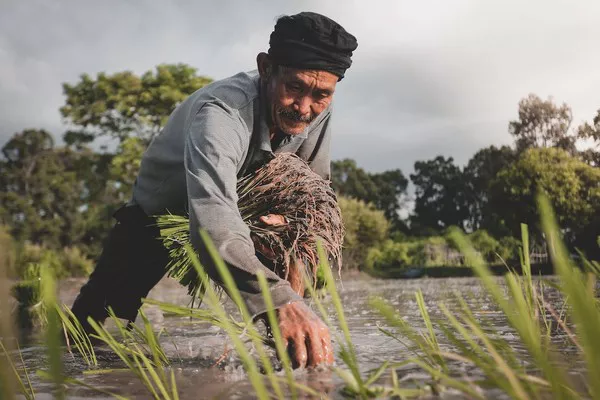Rome, Italy – The Food and Agriculture Organization of the United Nations (FAO) has underscored the pivotal role of agriculture in preserving the world’s strained water resources and ensuring an adequate supply of food and clean water. Speaking at the 18th World Water Congress, FAO Deputy Director-General Maria Helena Semedo emphasized that agriculture, through improved efficiency, reduced environmental impacts, and wastewater reuse, holds the key to resolving the global water crisis and achieving global water and food security, in alignment with the 2030 Agenda for Sustainable Development.
Given that agriculture accounts for over 70 percent of global freshwater consumption, and water availability for agriculture faces threats from depleting resources, climate change, and competing demands, water management has become a top priority for FAO.
Semedo outlined various water-related initiatives integral to FAO’s “New Water Journey,” which focuses on integrated water resources management for agriculture and food security, contributing to multiple Sustainable Development Goals:
FAO Water Productivity Open-access portal (WaPOR) and the Global Framework on Water Scarcity in Agriculture (WASAG): These platforms were established to provide countries with data and information support.
Global Dialogue on Water Tenure: This initiative explores ways to recognize informal and customary water users, promoting equitable and accurate representation of all users.
National Water Roadmaps towards the 2030 Agenda: Presented at the Rome Water Dialogue, this initiative aids member countries in developing comprehensive strategies and policies for sustainable water utilization.
Upcoming Events: FAO will host the 2nd Rome Water Dialogue next month, addressing the complex challenges surrounding water resources. It will coincide with the Global Symposium on Soils and Water. Additionally, FAO plans to launch a global assessment on irrigation needs and potential, as well as a global assessment on the impact of floods on agriculture and rural areas, providing vital insights for climate resilience.
Integrated Water Resources Management: This topic featured in the general debate at the 43rd Session of the FAO Conference and is the biennial theme for FAO Governing Bodies in 2024-25.
World Food Day 2023: The theme, “Water is life, water is food. Leave no one behind,” underscores the critical role of water in food production and access.
FAO is firmly committed to the Global Water Action Agenda, ensuring equitable access to sufficient, high-quality water. Moreover, FAO recognizes the links between biodiversity, water, climate, and food security, as demonstrated in the Kunming-Montreal Global Biodiversity Framework adopted at COP15 in December last year.
Semedo emphasized the importance of ecosystem-based solutions and sustainable natural resource management. Prioritizing green and blue infrastructure for agriculture, fisheries, and aquaculture can enhance water quality, preserve biodiversity, and offer benefits to agrifood systems and rural areas.
To achieve these goals, collaborative frameworks involving governments, international organizations, academia, research institutions, local communities, and the private sector are essential. As the world approaches the 2030 timeline for the UN Sustainable Development Goals, Semedo stressed the need to ensure inclusive and sustainable planning, financing, governance, and implementation for water management, stating, “We need to make water flow for people and planet.”

